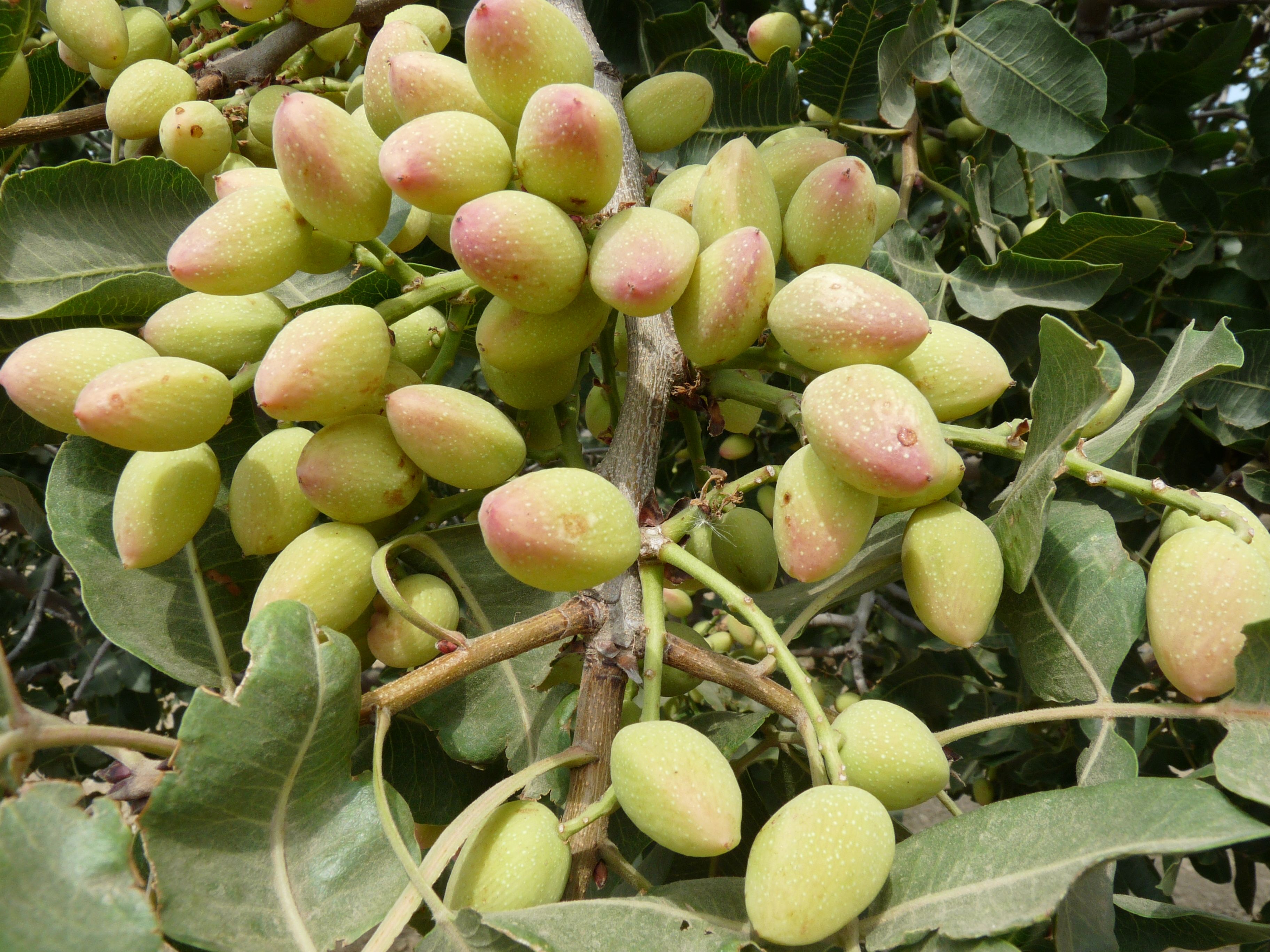Nuts May Prevent Cancer
Nut Consumption May Prevent Cancer
The review, carried out by Marco Falasca, Ilaria Casari and Dr. Tania Maffucci at The London School of Medicine and Dentistry, Queen Mary University, found evidence suggesting eating nuts may prevent cancer by providing a protective effect—chemoprevention—in cancers including colorectal, pancreatic and endometrial cancer in women and prostate cancers in men.
It is already well established that increased nut consumption is associated with a reduced risk of major chronic diseases, such as cardiovascular disease and type 2 diabetes mellitus, but the team also identified research showing a significant inverse association between nut consumption and death from cancer. Based on their findings, the authors suggest that nut consumption should be considered as a tool of intervention to reduce the burden of cancer.
The review highlighted a range of components that nuts contain that may contribute to their anticancer properties, including antioxidant and anti-inflammatory components as well as a range of phytochemicals, vitamins and micronutrients, plus dietary fiber, of which nuts are a rich source.
Professor Falasca commented, “Although there is strong evidence that nut consumption is related to the prevention of several diseases including cancer, more support is needed to research the mechanism of action and to find a direct correlation. We’re also a step in the right direction to support the claim that we should have nuts as one of our five-a-day portions of fruit and vegetables in order to prevent diseases.”
Globally, cancer is on the rise; the World Health Organization (WHO) reports there were more than 14 million cases of cancer diagnosed and 8.2 million deaths in 2012, up from 12.7 million cases and 7.6 million deaths in 2008. By 2025, more than 19 million cancer diagnoses are predicted. Up to 40% of cancer cases are estimated to be linked to unhealthy lifestyle habits such as smoking, being overweight, alcohol consumption, low fruit and vegetable intake, occupational hazards, and exposure to sun and sunbeds.
Arianna Carughi, PhD, Nutrition Research Science Advisor for American Pistachio Growers, said: “Pistachios are a nutrient and fiber-rich wholefood and contain a number of bioactive compounds that may be useful at the cellular level. This review highlights the potential of nuts, such as pistachios, as a tool in the fight against cancer and further adds to our understanding of the important contribution that nuts can make to health and wellbeing.”
At 160 calories, one ounce of pistachios contains less than two grams of saturated fat and six grams of protein per serving. Pistachios make the perfect snack and can be included as part of a healthy diet.
Sources: Falasca M, Casari I& Maffucci T. Cancer Chemoprevention With Nuts. J Natl Cancer Inst 2014: 106(9), American Pistachio Growers











